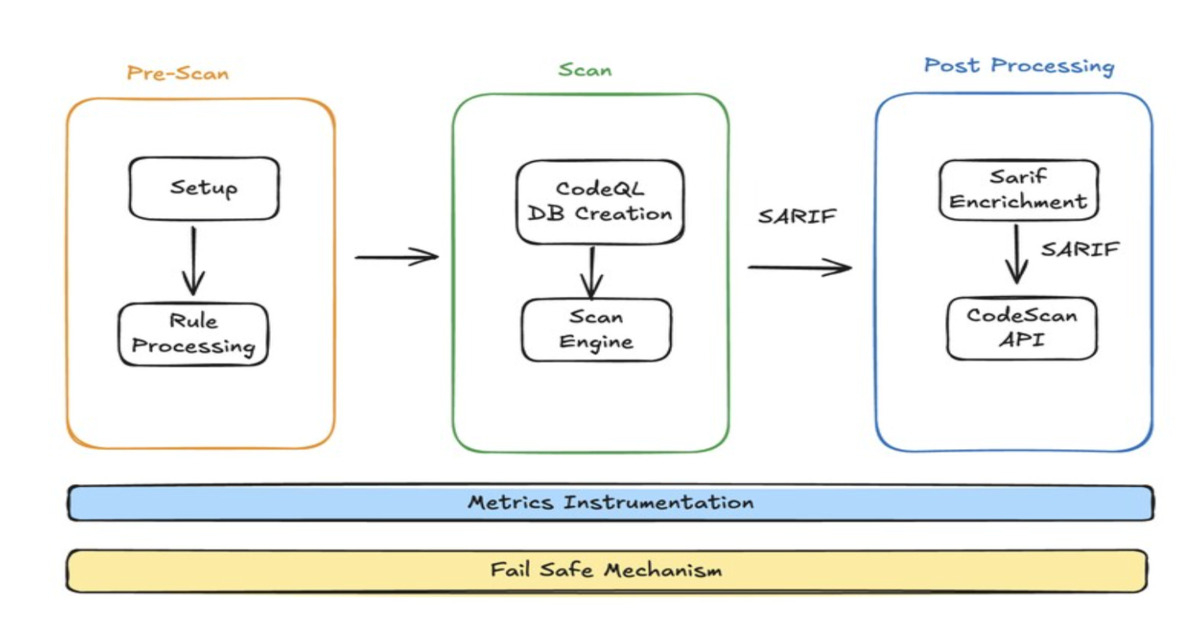Codetown
Codetown ::: a software developer's community
vJUG: One small step for JUGs, one giant leap for JUG-kind
What's the problem?
I love community, networking and interactions with other geeks, that's why I married one! :) The greatest thing about Java User Groups (JUGs) isn't just the great content, but also the close knit community, the beers and chatting/networking with like-minded geeks talking tech and sharing ideas. I’m an active leader of the LJC (London JUG) and speak at events as well as organiser for the LJC Open Conference (Happening this Nov 23rd ;) ). I've actually considered moving into London for this community alone. I currently live 45 mins outside, and it takes me over 2 hours round trip to visit or attend a session. With a new(ish) job and family, this really isn't viable. But it got me thinking… there must be hundreds of thousands of Java developers around the world who, just like me, don't have an accessible local Java community. There are likely many others who are close to a local community, but don't meet regularly, or maybe it isn't active at all. So, enough talk, let's see some action!
What's the solution?
I've created a new JUG, the virtualJUG, that's applicable to everyone with an internet connection! It aims to plug the hole for people who either don't live near an active JUG, who want to interact and get some community networking. Well, it's open to people who do live near an active JUG too if they need a tech-top-up! You can join now and stay connected with all the exciting sessions we have in the pipeline, by joining our meetup group right now! Or see what other things we need right now at the bottom of this blog! Of course the vJUG is entirely free to join and use.
So where's the community?
Clearly local JUGs provide a community that the vJUG will never compete with and it's not in our interest to do so! We want to work *with* local JUGs to give their content a better outreach and be the platform through which, if they choose to stream sessions, can be pushed and advertised to the wider Java community. We're already working with the LJC (London JUG) to be the place they live stream their sessions from - cool!
Interaction! Interaction! Interaction!
I'm a hater of a one way dull presentation whether it's being presented live or as an online webinar. So I intend to make sessions as interactive as possible! How? Here are some of my ideas:
- Panel discussions - multiple speakers with interactive discussions, possibly based on Q&A from the audience
- Attendee driven sessions - live polls to determine the direction of the session, or heavy Q&A sections
- IRC chat - chat rooms live throughout the presentation, so attendees can agree, disagree, vent, ask questions and discuss what it happening without needing to stop the session to ask.
- Anything else? If you can think of other ideas, let me know!
What types of sessions we be looking to run?
Presentations
Live Demos
Panel discussions
Live Streams of JUG meetings
Also by joining the community you'll get links via newsletters collating what we've been up to, what's going on outside the community and what is coming up, as well as which sessions have been most popular, so you can look them up again on Parleys or watch for the first time if you missed them! Essentially, we're your proactive calendar that throws content at you :)
Call to Action!
What are you waiting for? Sign up now!!! But more importantly, please share this blog post far and wide so our community can grow and help others techies around the world.
You own a JUG or community? Awesome, you can help too! Get your members to join up and ask them if they'd like to present at the vJUG! Make your community famous by reaching out, streaming to, or presenting at the vJUG!
We're also looking into options that allow for feature rich video streaming for large numbers of attendees and chat environments, like IRC that outlive the webinar. Let us know if you have any recommendations or suggestions.
Our first sessions will be announced shortly on the meetup site and on twitter!
You can contact me directly on twitter @sjmaple. This is also where I’ll initially be talking about the vJUG and letting you know what’s happening.
Comment
-
Comment by Ed Burns on October 11, 2013 at 12:52pm
-
Also, you may want to see if you can hook up with the iJUG a href="http://www.ijug.eu/" target="_blank">http://www.ijug.eu/ >. Yes, it's all in German, but it's an association of JUGs.
Ed
-
Comment by Ed Burns on October 11, 2013 at 12:51pm
-
Simon! Nice to see you on here.
If you ever come to Orlando let me know.
Ed
-
Comment by Simon Maple on October 11, 2013 at 12:22pm
-
Thanks Michael :)
-
Comment by Michael Levin on October 11, 2013 at 12:16pm
-
It's so refreshing when people "get it". Nice post, Simon!
Notes
Welcome to Codetown!
 Codetown is a social network. It's got blogs, forums, groups, personal pages and more! You might think of Codetown as a funky camper van with lots of compartments for your stuff and a great multimedia system, too! Best of all, Codetown has room for all of your friends.
Codetown is a social network. It's got blogs, forums, groups, personal pages and more! You might think of Codetown as a funky camper van with lots of compartments for your stuff and a great multimedia system, too! Best of all, Codetown has room for all of your friends.
Created by Michael Levin Dec 18, 2008 at 6:56pm. Last updated by Michael Levin May 4, 2018.
Looking for Jobs or Staff?
Check out the Codetown Jobs group.
InfoQ Reading List
Google Supercharges Gemini 3 Flash with Agentic Vision

Google has added agentic vision to Gemini 3 Flash, combining visual reasoning with code execution to "ground answers in visual evidence". According to Google, this not only improves accuracy, but more importantly unlocks entirely new AI-driven behaviors.
By Sergio De SimoneLinkedIn Leverages GitHub Actions, CodeQL, and Semgrep for Code Scanning

LinkedIn has rebuilt its static application security testing (SAST) pipeline using GitHub Actions and custom workflows, enabling consistent, enforceable code scanning across thousands of repositories. The redesign improves security coverage, developer workflow, and observability while supporting the company’s shift-left strategy.
By Leela KumiliDatadog Integrates Google Agent Development Kit into LLM Observability Tools

Datadog recently announced that its LLM Observability platform now provides automatic instrumentation for applications built with Google's Agent Development Kit (ADK), offering deeper visibility into the behavior, performance, cost, and safety of AI-driven agentic systems.
By Craig RisiPresentation: Expanding Swift from Apps to Services

Cory Benfield discusses the evolution of Swift from an app language to a critical tool for secure, high-scale services. He explains how Swift’s lack of a garbage collector eliminates tail latency and shares how its "zero-cost abstractions" rival C performance. He shares Apple’s roadmap for incremental adoption and demonstrates groundbreaking new interoperability for C++ and Java ecosystems.
By Cory BenfieldMUI Releases Base UI 1 with 35 Accessible Components

Base UI 1.0 has officially launched! This unstyled React component library, backed by MUI, offers 35 accessible components with a commitment to long-term maintenance. With refined APIs and enhanced performance, it empowers developers to create custom designs effortlessly while ensuring robust accessibility out of the box.
By Daniel Curtis
© 2026 Created by Michael Levin.
Powered by
![]()
You need to be a member of Codetown to add comments!
Join Codetown